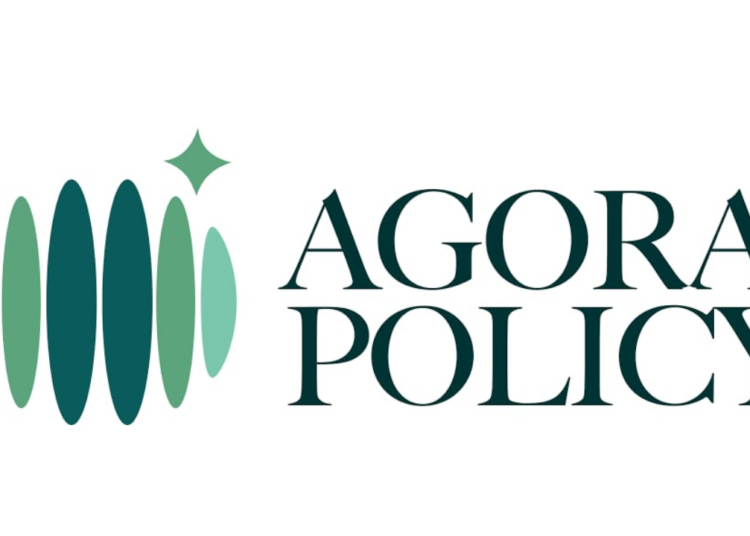A Nigerian think tank, Agora Policy has said the incoming administration needs to undertake fast, coordinated macroeconomic policy reforms on three fronts: fiscal, monetary and trade policies in a new report that was obtained by this newspaper yesterday.
Tagged: ‘Urgent Policy Actions on Fiscal, Monetary and Trade Fronts’, writers of the Agora Policy report said the policy actions or economic reforms of the incoming administration must be predicated on inclusion, transparency and accountability.
Among other key recommendations, the report said federal government needs to replace import bans with import duties. Nigeria has a list of items that were exempted from accessing forex from the official I&E exchange rate window, including rice, tomatoes, cement, vegetable and processed vegetable products, palm kernel and poultry chicken in a bid to discourage importation of the item to support the local production of such products.
But Agora Policy argue that the use of tariffs rather than the existing import bans would spur the domestic productivity of firms, especially those that rely on the import of intermediates that are affected by the import prohibition.
It also advocated the development of regional industrial hubs and transport infrastructure through PPP arrangements. “FGN should prioritise the development of industrial hubs and export processing zones as well as the delivery on critical infrastructure which support international trade, such as ports, roads, and telecommunications networks.
“Reopening all closed borders and removing all food trade restrictions. These have hurt prices and have not led to the expected increase in domestic productivity. The government needs to prioritise the development of a goods and services export strategy in collaboration with the subnational governments,” the report said.
The FG has consistently run a fiscal deficit over the last decade but this has worsened in recent times due to a combination of lower revenue inflows and high fuel subsidy payments.
In the report that was published yesterday, Agora Policy urged the incoming administration to boost oil revenue by ending oil theft and remove petrol subsidy.
Aside that, the report also called for boosting of non-oil revenue. It urged government to address the nation’s dismal tax revenue to GDP ratio. “For the size of the economy, government revenue and expenditure are grossly inadequate to effectively drive policy, enhance economic growth, lower poverty, and achieve the Sustainable Development Goals (SDGs).
It also urged tax reforms and domestic revenue mobilization. According to the report, there is an urgent need to broaden the tax net to capture the formal and informal sectors not in the existing tax net.
In the report, Agora Policy expects the incoming government to improve the national budget implementation framework, which it said will strengthen the nation’s zerobased budgeting framework by ensuring that budget preparation starts on time.
The report underscored the obvious disconnect between fiscal and monetary policy that has heightened macroeconomic risks and vulnerabilities.
Monetary policy recommendations
The report claimed that despite the monetary tightening measures of the Central Bank of Nigeria, the monetisation of fiscal deficit and other quasi-fiscal activities such as the intervention programmes have expanded the growth of credit and thus contributed to inflationary pressures in Nigeria.
The CBN increased interest rates to tame Nigeria’s demand-pull inflation and also increased the cash reserve ratio from 27.5 per cent to 32.5 per cent. It also introduced unorthodox measures to achieve financial and price stability.
“The weak transmission mechanism of monetary policy is a combination of poor policy coordination and focus of the CBN on economic growth rather than on inflation,” the report said, in deviance with CBN’s recent interest rates hike to 18 per cent.
As part of policy reform options for the incoming government, Agora Policy recommends the coordination of fiscal and monetary policy to reduce frictions and counteractive policy goals. “The government should strengthen the Fiscal-Monetary Coordination Committee to ensure that the monetary authority (CBN) and the fiscal authority (Federal Ministry of Finance, Budget and National Planning) optimally coordinate policies to ensure the gains from fiscal and monetary reforms are maximised,” it stated.
The proponents of the report asked the government in waiting to restore monetary policy focus back to its price stability mandate, taming inflationary pressure and strengthening the monetary transmission. Its argument is that the “CBN should focus on its core mandate of maintaining price stability. Addressing supply-side bottlenecks such as trade restrictions on critical intermediates that increase the cost of doing business. The CBN will have to restore the credibility of the MPR such that bond yields and lending rates are reflective of the monetary policy rate (MPR).”
Agora policy also asked the incoming government to put an end to ways and means financing of federal government expenditure by the CBN. The argument is that it would curtail the growth of the money supply and thus curtail inflationary pressure.
Beyond that, the report called for provision of incentives for export-oriented firms especially in the non-oil sectors. The report said in order to leverage on the enormous market opportunities created by the African Continental Free Trade Area (AfCFTA) agreement, there should be a gradual reduction of import tariffs on intermediate products used by domestic firms that export or plan to do so.





